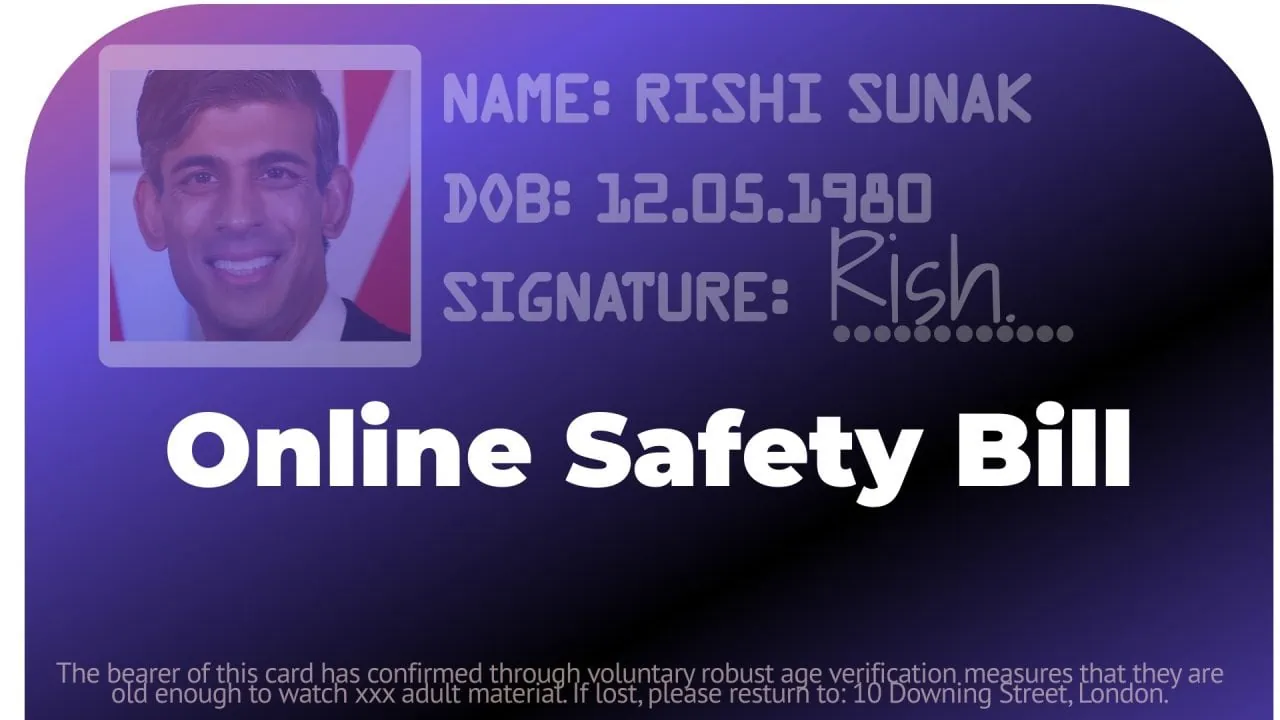UK Prime Minister Rishi Sunak has defended his government’s controversial Online Safety Bill, which has been criticized by free speech campaigners and companies including WhatsApp over privacy concerns.
The bill, currently being debated in UK Parliament, is designed to stop harmful online content being accessed by people who shouldn’t be exposed to it for safety reasons, such as children. The monitoring systems it would require have raised concerns about messaging privacy and bypassing encryption of sites and apps such as WhatsApp.
“I think everyone wants to make sure their privacy is protected online, but people also want to know that law enforcement agencies are able to keep them safe and have reasonable ways to be able to do that, and that’s what we’re trying to do with the Online Safety Bill,” Sunak told Tech Monitor.
Specifically, it would incorporate some of the stricter age verification proposals for sites that host explicit content, among a raft of other measures, which some critics say would be ineffective.
As well as porn, the Online Safety Bill covers subjects including terrorism, racism, hate speech, grooming, suicide and disinformation. As well as privacy fears, concerns have been raised about sites potentially being over-cautious about the content they allow to be published, due to tightening rules about harmful content.
If passed, the bill would require tech companies such as WhatsApp to create ‘backdoor’ access to their services to allow law enforcement access to potentially illegal material being shared within them. This would undermine security measures such as end-to-end encryption and has been flagged as a free speech concern.
Recently WhatsApp raised concerns about the bill, with the company saying it “could break end-to-end encryption, opening the door to routine, general and indiscriminate surveillance of personal messages of friends, family members, employees, executives, journalists, human rights activists and even politicians themselves, which would fundamentally undermine everyone’s ability to communicate securely.”
As part of the Online Safety Bill, making deepfake porn videos without the consent of those featured in them would become illegal in the UK. The bill will generally make tech companies more legally responsible and accountable for potentially harmful content they publish.
In 2022 then-UK justice secretary and deputy Prime Minister Dominic Raab said:
“We must give women and girls the confidence that the justice system is on their side and will really come down like a ton of bricks on those who abuse or intimidate them.”
Raab has since left those government positions following an investigation into his alleged bullying of colleagues.















Leave a Reply